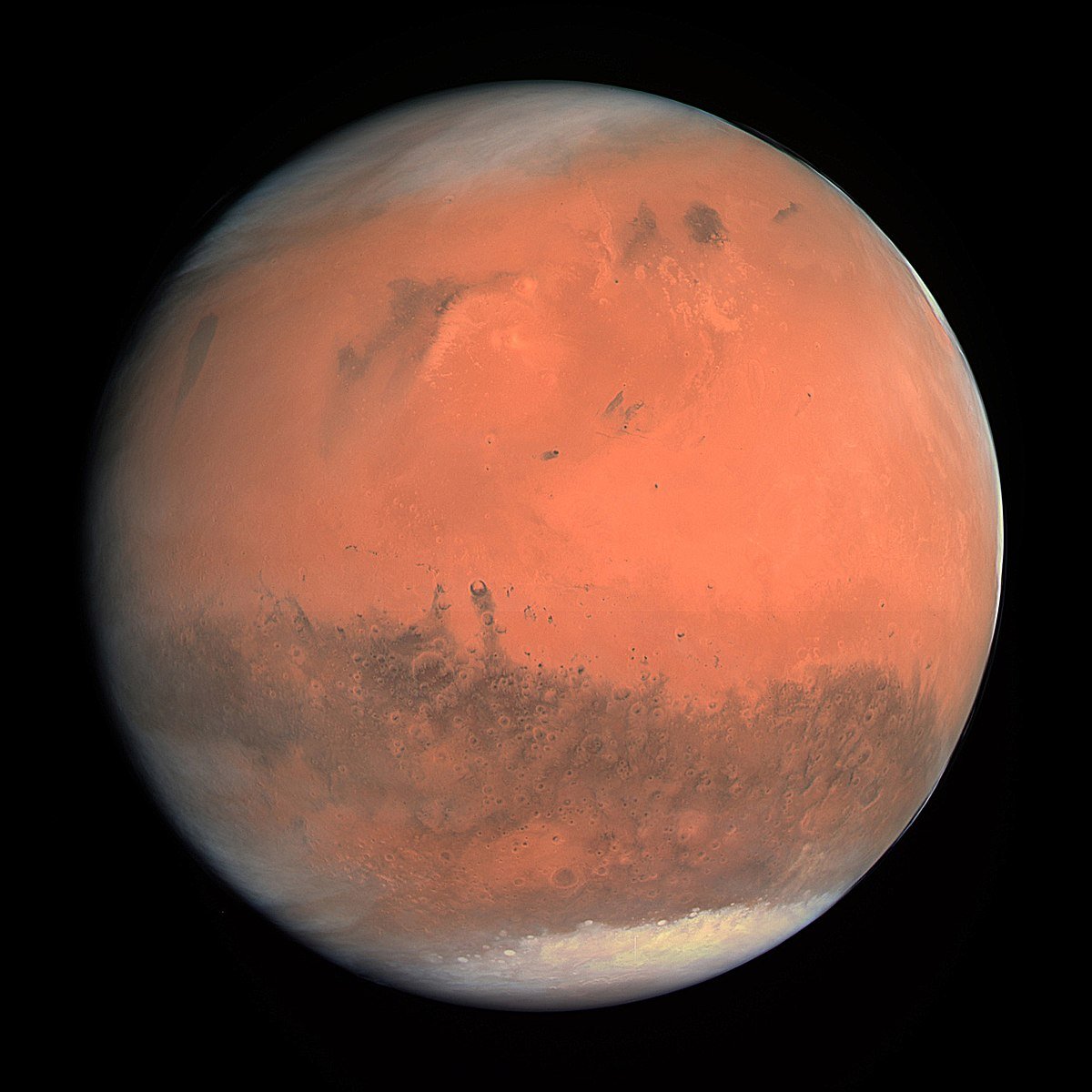It's common for writers under terrifying deadline pressure to rely a bit too much on Wikipedia? Ahem. Easily done. It can't be TOO far wrong?
But a few months ago, researching a newsletter, I learned just how disastrous this can be.
An alarming 🧵 with good, hard LOLs:
1/
But a few months ago, researching a newsletter, I learned just how disastrous this can be.
An alarming 🧵 with good, hard LOLs:
1/

I'm old enough to remember t'days before t'Internet (black & white, everyone walked really fast, piano music etc) so I can emphatically say I love Wikipedia.
An encyclopedia edited by nearly 200,000 people - and it's *readable*? (And democratic?)
I'm a fan.
But...
2/
An encyclopedia edited by nearly 200,000 people - and it's *readable*? (And democratic?)
I'm a fan.
But...
2/

OK.
Have you heard of the Bicholim conflict?
It's an obscure 17th-Century war that raged between the Portuguese rulers of Goa, western India, and the neighbouring Maratha Empire.
Don't look for it on Wikipedia, though. It's not there.
Not *now* it isn't.
3/
Have you heard of the Bicholim conflict?
It's an obscure 17th-Century war that raged between the Portuguese rulers of Goa, western India, and the neighbouring Maratha Empire.
Don't look for it on Wikipedia, though. It's not there.
Not *now* it isn't.
3/

In late 2012, a Wikipedia editor called ShelfSkewed (thankfully a pseudonym) started investigating the sources listed at the bottom of the article on that battle.
He found many of the links led him back to one place: the article he was editing. A perfect loop.
Ruh-roh.
4/
He found many of the links led him back to one place: the article he was editing. A perfect loop.
Ruh-roh.
4/

He reported in:
en.wikipedia.org/wiki/Wikipedia…
A hoax, then. A huge one: 4,200 words. Convincing as all hell...
Which is why it'd evaded detection for *5 years*.
5/
en.wikipedia.org/wiki/Wikipedia…
A hoax, then. A huge one: 4,200 words. Convincing as all hell...
Which is why it'd evaded detection for *5 years*.
5/

There are over 6,300,000 articles on Wikipedia - so it's a testament to how hardworking its editors are that these kinds of hoaxes are rare.
But holy hell, when they're this good, they go under the radar for *years*.
Sometimes a decade or more. (!)
6/
But holy hell, when they're this good, they go under the radar for *years*.
Sometimes a decade or more. (!)
6/

To Wikipedia's immense credit, it has a page listing all the known hoaxes that fooled its editors:
en.wikipedia.org/wiki/Wikipedia…
The longest con to date - a fictitious New York tap-dancer - was only uncovered as a fake in August '21, *16 years* after it first went up.
Big yikes.
7/
en.wikipedia.org/wiki/Wikipedia…
The longest con to date - a fictitious New York tap-dancer - was only uncovered as a fake in August '21, *16 years* after it first went up.
Big yikes.
7/
The ones that survived for 10+ years include:
- a fictitious British slapstick TV gameshow
- a spurious type of Norwegian associated football
- a bogus medieval torture device
- an imaginary HBO miniseries (Sheer Perfection)
- a nonexistent French actor & opera singer.
8/
- a fictitious British slapstick TV gameshow
- a spurious type of Norwegian associated football
- a bogus medieval torture device
- an imaginary HBO miniseries (Sheer Perfection)
- a nonexistent French actor & opera singer.
8/
But all this is encouraging, because we can see it.
A century back when paper encyclopedias were the repositories of general knowledge, we didn't see the edit-wars (where they existed)...
Which is a shame, because the modern ones are glorious fun:
en.wikipedia.org/wiki/Wikipedia…
9/
A century back when paper encyclopedias were the repositories of general knowledge, we didn't see the edit-wars (where they existed)...
Which is a shame, because the modern ones are glorious fun:
en.wikipedia.org/wiki/Wikipedia…
9/
"Even experienced Wikipedians lose their heads & devote every waking moment to edit warring over the most trivial thing...debating topics of no practical value, wrestling over questions whose answers hold no practical consequence. This page documents our lamest examples."
10/
10/

If you find all this as life-affirmingly ridiculous as I do, I wrote a longer thing you may enjoy:
everythingisamazing.substack.com/p/week-2-2-is-…
Uncovering these delightfully daft/mocking Wiki edits was a highlight.
11/



everythingisamazing.substack.com/p/week-2-2-is-…
Uncovering these delightfully daft/mocking Wiki edits was a highlight.
11/




And this is damn good advice from @semi_rad:
"I don’t have any hacks or tricks that have changed my life. But I did, several months ago, delete some apps from my phone and then download the Wikipedia app, and move it to the home screen."
Well worth it.
semi-rad.com/2021/10/i-reco…
"I don’t have any hacks or tricks that have changed my life. But I did, several months ago, delete some apps from my phone and then download the Wikipedia app, and move it to the home screen."
Well worth it.
semi-rad.com/2021/10/i-reco…
UPDATE: thoroughly delighted to see that formerly-mentioned piece by @semi_rad is now up at @outsidemagazine:
Also: twitter.com/depthsofwiki hauls up the weirdest & daftest stuff on Wikipedia. If you like this whole thread, you'll madly love this account.
https://twitter.com/outsidemagazine/status/1502392790780715016
Also: twitter.com/depthsofwiki hauls up the weirdest & daftest stuff on Wikipedia. If you like this whole thread, you'll madly love this account.
• • •
Missing some Tweet in this thread? You can try to
force a refresh

















